The french capitol is home to dozens of talented women
leading imaginative, successful lives.
These women know how to stir the pot, emboldened by a confidence
they find on the streets of this inspirational city.
Finesse, ingenuity and an obsession for Paris are the three traits they share,
launching headlong into a quest to live the good life in their city of choice.
Past, present and future, these ground-breakers are
re-writing history of the continent's most richly celebrated city.
Many of these success stories happen to be American women,
pioneers whose energy and individuality have made them stars in the french galaxy.
The French Connection.
When I think about trailblazers who made their dreams come true in Paris,
the first face that comes to mind is Audrey Hepburn -- which is kind of odd
because she wasn't even American -- born in Belgium to
British/Dutch parents -- and she never lived in Paris.
But her association with a handful of great American movies continue
to inspire every young girl with Paris dreams.
"Funny Face", "Sabrina", "Charade", "How to Steal a Million" .....
How could you not fall in love with the very idea of Paris?
She made us see how a girl from anywhere USA could become a woman.
Just add Paris and poof, you have class, you have style, you are unforgettable.
Then there's Julia Child, who managed her Paris transformation
by barnstorming the most sophisticated towers of french cuisine.
She fought for (and won) our hearts by importing her passion,
making delicious food a "can do" in the kitchens of America.
We forever owe her our heartfelt thanks for revolutionizing
cooking, tasting, and enjoying the life-long passion of good food.
There are so many more success stories -- diverse voices, each
offering a compelling adventure of a woman transformed,
an American Revolutionary in Paris.
How many of you are familiar with these red, white & blue achievers,
each worthy of her own unique Paris Story?
her bare-breasted-come-on-I-dare-you-look, reminds us that
the road to success, much like the road to Paris, is often long and winding.
Born into poverty, she quickly married at age 15 and
became a chorus girl on the St. Louis stage.
But the Missouri girl was destined for more -- much more -- and made her way
to Paris where she eventually became the talk of the town.
It wasn't until she made it to the stage of the famed Folies Bergère
that she and her banana dance became a Paris sensation,
the very image of her sultry jazz age style.
Her glamorous, unconventional image made for a great one woman show.
I daresay she's the only American woman to walk a pet leopard
down the Champs-Élysées,
a spectacle made even more memorable by her serious alter ego.
Because more than just her sexy persona and comic wit, she was respected
for a lifelong commitment to fight against the injustice of discrimination.
Josephine Baker spied for the French Resistance, worked for the Red Cross,
adopted 12 children - often called rainbow children for their mix of color & nationality.
Accused of being a communist by Senator Joe McCarthy in his 1950's sham "Red Scare" hearings, it was a good thing she had won her french citizenship in 1937.
Often called The Black Pearl or The Creole Goddess, she took it all
in stride and worked to put the bad days behind her.
France awarded her their highest distinction, The Legion of Honor.
Though "sexy with a smile", she never compromised
when it came to fighting for justice.
She spoke at the March on Washington alongside Martin Luther King, Jr.
and worked relentlessly to put an end to long buried prejudice in her nation of birth.
Buried in Monte Carlo, Josephine Baker is the American that came to Paris
and showed everyone that black is, indeed, beautiful.
in Paris as a bookseller and publisher.
Founder of Shakespeare and Company, her namesake lives on,
more popular than ever.
The much liberated, gifted entrepreneur had an eye for talent.
Today she might be called a "community organizer.",
a virtual LinkedIn collector of intellectual property.
Shakespeare and Company (12 rue de Odeon -- look for the plaque!)
was a haven for writers, publishers and readers.
Publishing the forbidden "Ulysses", she revealed her American spirit,
making sure James Joyce's banned work was as liberated as she was.
At the forefront of her most idealistic principles, Sylvia Beach
supported the creative process and promoted her storefront
as a living room for literature.
Designated for book readings, author gossip and
hand-holding (Hemingway included), chez Sylvia was a one-stop shop.
Note, today's Shakespeare & Company, now at 37 rue de la Bucherie,
is run by Sylvia Beach Whitman, daughter of long-time American legend George,
who honored his daughter with the Beach name.
I hope you'll soon visit a bookstore in your own neighborhood
and support the cause begun by
Sylvia Beach, an American woman in Paris.
the mother of modern dance.
Hailing from San Francisco, she realized early on that
America wasn't ready for her unconventional style.
Duncan abandoned the U.S. in 1899,
sailing to England where she began to develop her expressive technique,
gradually making her way to the capitols of Europe.
She danced, taught and choreographed a fresh, free style of performance art
that was considered quite controversial to traditionalists.
Often barefoot, her unique look evoked more Greek mythology than Paris fashion.
Adding to her bohemian mystique, she described herself "My motto, sans limites".
Isadora Duncan's ties to Paris were so strong she even married a man by
the same name -- Paris Singer of the Singer Sewing Machine family -- though
her passionate nature never quite dispatched the good luck
her hard work should have delivered.
She tragically lost her two children in a terrible bridge accident in Paris
and later lost her own life in the south of France when her scarf
got caught in the wheel of her car -- too horrible to think about.
Her funeral in Paris was attended by thousands, the ashes interred at Pere Lachaise.
A standing O for an American in Paris.
master of prose, perhaps considered America's first "foodie".
Born in Albion, Michigan, Mary Frances Kennedy must have been
born to cook, eat and write.
"When I can't write, I read. When I can't read, I cook".
Fisher enthusiastically wrote about the fine art of eating, which
she first discovered a train ride away from Paris in the provincial city of Dijon.
From the start, she made eating -- and writing about the cultural aspects of
fine dining -- very personal and made her life's work teaching
average Americans how to eat -- really eat -- well and good.
Her first kitchen in Paris (26 rue Monge) was 5 feet x 3 feet with a
2-burner hotplate, yet there was always inspiration
to make a good french omelette.
Ms. Fisher wrote dozens of stories for The New Yorker when she was in Paris and
translated much of Brillat-Savarin's meditations on gastronomy into English.
Before MFK, food writing was considered "women's business" -- a dismissal
sadly relegated to the pages of women's magazines.
She changed all that with her Paris pen.
Her legacy includes a total of 27 books that encompass,
in part, travel memories of life in Paris, Burgundy, and Provence.
MFK Fisher, an iconic American in Paris who taught us all how to eat.
to Paris in 1925, paving the way for future female foreign correspondents.
And that's an understatement.
The feisty journalist, reporting on behalf of The New Yorker
for fifty years, wasn't in Paris just to write about the current fashion.
Flanner made her mark on America's take on life in France -- serious
issues tackled by a no-nonsense writer.
Writing under the name Gênet, she covered everything from politics,
culture, social life, and scandals -- from her advantage
as an insider living and loving life in Paris.
Before, during and after The Occupation, she vividly penned the truth
about life in the french capitol, sometimes with
a sense of urgency, other times with a dry sense of humor.
Flanner wrote somber, deliberate pieces, including a numbing profile
of Hitler long before anyone was paying attention.
Years later, it was no coincidence she was assigned to
cover the Nuremberg trials, playing hard-ball at every turn.
"I act as a sponge. I soak it up and squeeze it out in ink every 2 weeks."
Her "Letter from Paris", first published by The New Yorker gained a loyal following.
After all, who wouldn't want to know what was happening
in the most influential and fascinating city in the world?
Janet Flanner didn't just observe and report.
She participated.
She hung out with the coolest names in Paris -- Hemingway, F. Scott Fitzgerald, Gertrude Stein, and reams of artists and news-makers.
She had the inside scoop on artists like Henri Matisse and Pablo Picasso.
Her long affair with Solita Solano only added to her Paris mystique.
Her readers could feel it -- Flanner loved Paris and the emancipation
it offered to women who enjoyed "a certain lifestyle".
Still today, Flanner's reporting seems fresh and important.
Her book "Men and Monuments", published in 1957,
is a story that seems new again.
She tells of the Nazi theft and destruction of art and was one of
the first to report about the team sent to repatriate the lost treasures.
George Clooney's 2014 movie "The Monuments Men" reminded
us of those perilous times and the fierce work that had to be done
to return not just art but humanism back to Europe and the world.
Janet Flanner, an American columnist who came to Paris and made a difference.
House Hunters International -- for my money, the best dose of Paris passion on tv.
You know the drill -- she schleps around hopelessly-in-love-with-Paris
disciples trying to find the perfect pied-a-terre in the city of their dreams.
Her opinionated advice sets them straight, purposely lowering their
expectations as she leads them (usually) to make the right decision.
Adrian grew up in New Orleans, an American city with french flair
but didn't find her way to Paris until she was in her 40's.
Intending to stay just a year, she re-made herself, much like the
Paris apartment transformations she features on HGTV.
The newly renovated Adrian is the picture of a Renaissance woman in Paris,
a jack-of-all-trades who combines publishing, writing, property management
and marketing in a package that's impossible to ignore.
Her trademark red lips, trendy footwear and distinctive glasses express
an animated individual while her heart-to-heart chats with regular people --
whether on air, in print or face-to-face -- always get to the meat of the matter.
First and foremost, she's a saleswoman.
So if she tells you where to find a great cheap "eat" in Paris,
("Adrian Leeds' Top 100 Cheap Insider Paris Restaurants")
she's also reminding you it's a great neighborhood to hang your hat.
Adrian publishes "Parler Paris" and "Parler Nice" on the web as well as
French Property Insider, hoping to both enlighten and motivate her mostly
American audience on how to connect with the city and its real estate.
She fearlessly points out the negatives of property investment in France
at the same time she educates and charms her clients into buying.
Whether you attend her Après Midi workshop or any of her
property insider seminars, you can count on the Paris property guru
to be forthright and down to earth, cutting through red tape while
managing both expectations and investment opportunities.
I can personally attest, there's nothing like a dash
of New Orleans spice to make your Paris dreams come true.
Adrian Leeds defines American spirit in Paris.
came to Paris and dined with millionaires.
Her claim to fame: The woman knew how to stage a party.
Gossip columnist, author, radio show host, professional party planner,
Maxwell managed lavish events by going to extremes.
She gets credit for introducing the Scavenger Hunt and other party games
based on elaborate treasure hunts,hoping that, in the course of
a night's escapades, anything could happen.
And happen it did.
After all, it was Paris.
In 1927, she initiated a scavenger hunt in Paris that had all the town talking
when she offered a gallon of Patou perfume to the player
who brought back the most interesting items.
Oh, to be a fly on THAT wall.
After that, her name was made and by the '30's her party games
from Paris became the rage in New York City as well.
Describing the people she invited to her carefully choreographed events,
…. “but when I give a dinner or a great supper or something of that sort,
I invite beautiful people. They're more beautiful than the other ones.
Eggheads are not good looking, the women who are intellectual are not so handsome........are not so beautiful. I must have beautiful women and
handsome men. If you have a gathering that is gracious and lovely,
they're flowers, they're decorations -- they’re living decorations…”
Observer of the rich and famous, Maxwell wasn't always popular -- but no one
could ever accuse her of being dull -- and the champagne and caviar crowd ate it up.
"I make enemies deliberately. They are my sauce piquante to my dish of life."
The tattle-tale diva had friends, too, in high places.
She was a frequent guest on Jack Paar's Tonight Show
and her prolific bff, Cole Porter, immortalized her in song:
"I've got Bromo Seltzer
to take when dinner ends
for I'm dining with Elsa
and her ninety-nine most intimate friends."
Not bad for a stout girl from Iowa.
Elsa Maxwell elevated parties to a new status.
She and her international high society of millionaires,
distinguished rock stars of the day, took on a new challenge.
Their soirées set the stage for benefits and high minded causes.
Yes, there was still drinking and smoking and social climbing -- but
at least the do-gooders got to have their cake and eat it too.
Her April in Paris Ball was one of NYC's most iconic galas.
Elsa Maxwell, another daughter of America who triumphed in Paris.
Growing up, she and her parents moved from Israel to Washington D.C,
finally settling in Long Island New York, where young Natalie enjoyed
the advantage of a good education and strong family unit.
Her dual citizenship and multifaceted family made for one sharp young girl.
Resourceful, competent, gifted, her future looked bright.
When 12-year-old Natalie took on the role of Matilda, the gutsy waif who
one-upped Jean Reno's hit man in Luc Besson's
"Leon: The Professional", she got Hollywood's attention.
Since then, she has made dozens of movies, earned a degree from Harvard,
appeared on Broadway as Anne Frank, and received an Academy Award.
But the Oscar, BAFTA, SAG, Golden Globe, and Critic's Choice
accolades only count for part of the picture.
Natalie co-authored several technical research papers about neuro-science,
published in scientific journals, including one she wrote while still in high school.
Harvard educated, she's an activist for micro-finance (I had to look that one up), helping entrepreneurs break out of their tough challenges in Africa,
just one facet of her non-Hollywood behavior.
Service oriented with a devotion to social causes and environmental issues,
Portman is consistently a positive role model for girls around the world.
Partnering with Marvel (The Ultimate Mentor Adventure) she is one of the driving forces behind a push for STEM - science, technical, engineering and math -- encouraging young girls to choose the sciences as a career path.
The talented actress continues to work in movies and now has one more role
she's proud of -- 2015 "A Tale of Love & Darkness", her directorial debut.
Whew, this is one American woman who knows how to get it done.
Accomplished. Crazy smart. Talented. Dedicated.
And now she's living in Paris.
A new chapter brings Natalie and son back to the french capitol on the arm
of husband Benjamin Millepied, the new Director of the Paris Opera Ballet.
You may remember him from her Oscar winning movie "Black Swan."
Can this multi-faceted, multi-talented American girl get any more exceptional?
We'll have to wait and see but I'm guessing Paris will help rocket this star
into a new galaxy, and I'm not just talking Star Wars or Miss Dior.
Always challenging the scarcity of women in the movie industry, she has
recently attached her talent to two movies that will be directed by women.
A french movie and a french director -- "Planetarium" -- directed by
Rebecca Zlotowski -- straight out of the box of good things to come in Paris .
And she's slated to play Supreme Court judge & American hero
Ruth Bader Ginsberg in a movie "On the Basis of Sex".
Count me in.
Natalie Portman. Paris.
It just doesn't get better than this.
in 1903 and forever changed the course of history in art and in literature.
There's a lot that can be said about the cult of personality
the American brought to her left bank home.
A writer and a poet -- a visionary art collector -- my personal take is
that in her day, she was the reigning CEO of the arts community,
a brilliant conversationalist who shepherded writers and artists
into her living room where she held court and made their body of work matter.
Her couch seated the avant-garde of the Paris art world -- but make
no mistake, she was their commander-in-chief.
Stein's influence moved heaven and earth to make name brands out of the artists and writers we now know by name -- not just in Paris but around the world.
Her home on rue de Fleurus was a virtual church, a gathering of the greatest hits
of pen & paper, easel & brush, where a lively exchange of ideas was held weekly.
Gertrude Stein's name is synonymous with "The Lost Generation".
Through her writings and friendships we were introduced to
some of the best talent that Paris had to offer, particularly
in the years between the great wars in Europe.
Hemingway, Picasso, Matisse, Cézanne -- just of a few of the names
few knew until Gertrude Stein made the Paris connection.
She famously wrote "a rose is a rose is a rose" but perhaps
she too is the brains behind the wisdom "right time, right place."
After all, it was Gertrude who sagely said,
"Paris was where the twentieth century was."
And lord, how she collected.
She and her brother Leo bought their first Picasso in 1905.
While other critics ridiculed the new wild art, they purchased
Matisse's 'Woman with a Hat' for around $100 in today's money.
Like they always say, collect what you love and you'll never go wrong.
Gertrude Stein, one smart American cookie in Paris.
in 1980 when her husband Walter got a promotion that required the move.
Little did she know how much her life would change.
The multi-talented cookbook author and teacher created an empire
touting exquisite but translatable french cuisine.
Her credentials are as exquisite as her cooking:
She's the only American and the only woman who served as
restaurant critic for a major french publication (L'Express).
Ms. Wells has cooked with France's most iconic chef, Joel Robuchon,
yet somehow grasps how to keep her recipes simple enough for the home cook.
Her talent extends to books for the traveler too.
"The Food Lovers Guide to Paris" should be on everyone's wish list
the moment they start planning a trip to the french capitol.
She divides her time between Paris and Provence,
teaching exclusive week-long classes.
And yes, I am jealous.
In spite of the hard work, the dedicated and grueling day-to-day schedule,
Patricia Wells gets to eat and drink for a living.
Who wouldn't want that job?
Check out her blog for 'Patricia's Picks':
She lets us in on her own favorites such as
Where to buy wine - La Dernière Goute -- and Where to buy cheese - Quatrehomme.
As for her favorite market, Wells takes us all the way to the 16th arrondissement (perfect, it's the museum quarter too!) where she recommends
Marché Président Wilson, a tip you don't typically see in guide books.
Remember the name, Patricia Wells.
And go eat a croissant.
Patricia Wells, grand slam, American-style in Paris.
painted her lovely portraits in Paris.
She and so many women after have lived successful and fulfilled lives,
changing not only their own course but often becoming a force for others.
Many have said they felt emotionally
affected after their first visit to Paris.
I know I did.
Whatever is in the water - or the air - or the wine -
please share it with your friends and sisters.
It's the best advice you'll ever give.
They all called Paris home.
Audrey, Julia, Josephine, Sylvia, Isadora, Mary Frances,
Janet, Adrian, Elsa, Natalie, Gertrude, and Patricia.
And now we know why Mona is smiling --- after all,
where else but Paris would Mona Lisa find her groove.
So, even if it's just for a few weeks at a time, we should give in to our best instincts.
Scratch that itch and call Paris home.
Red blooded American women -- with a passion for Paris.


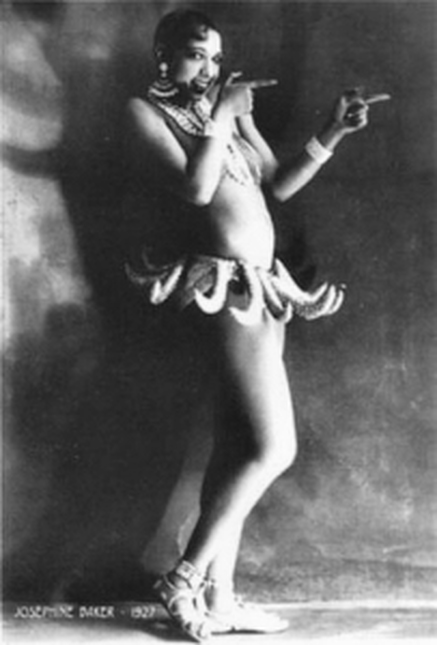
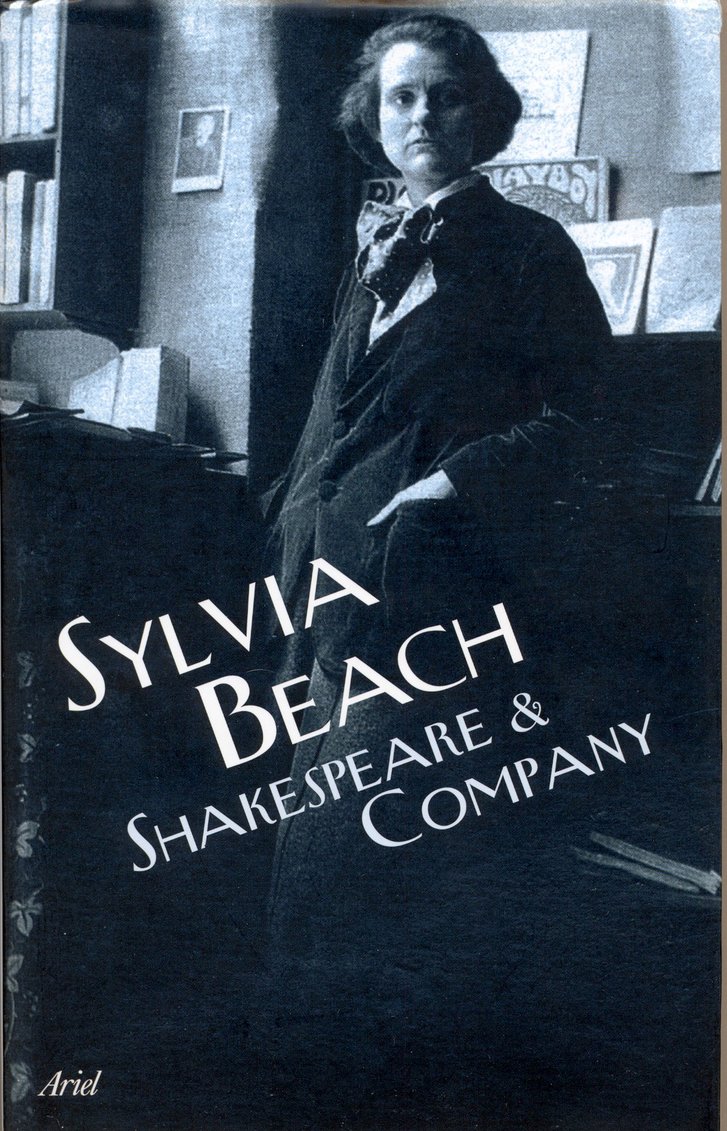
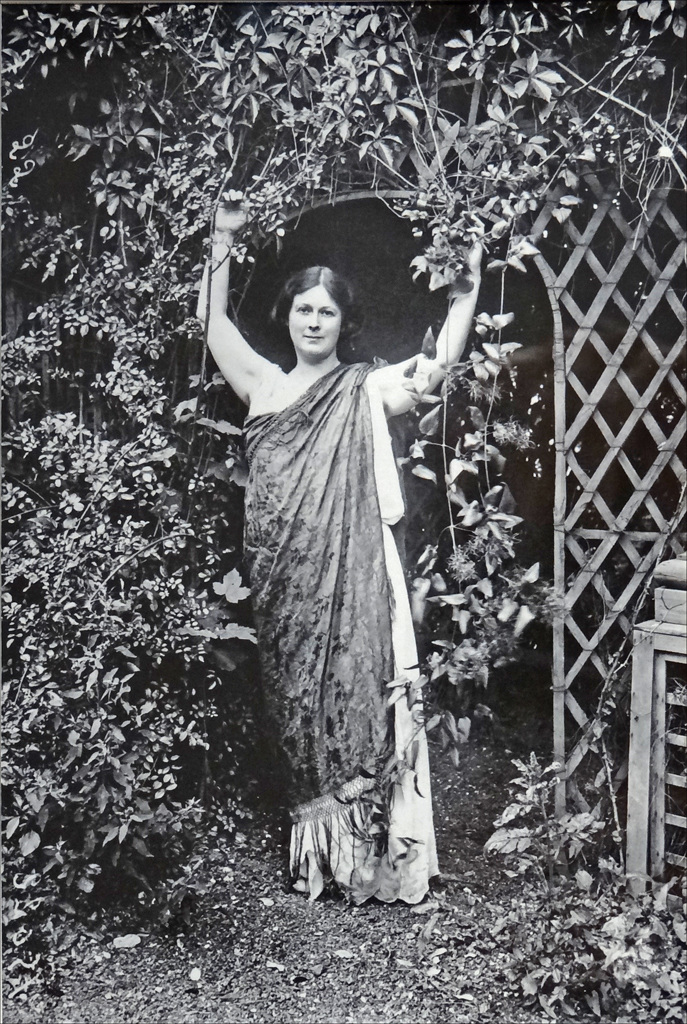
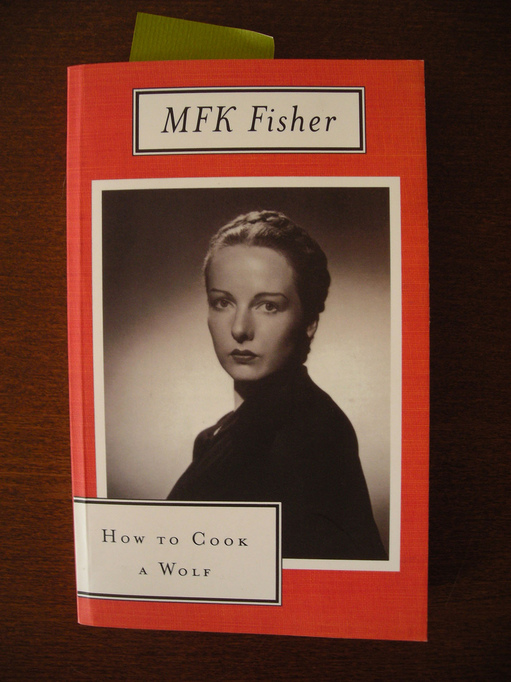
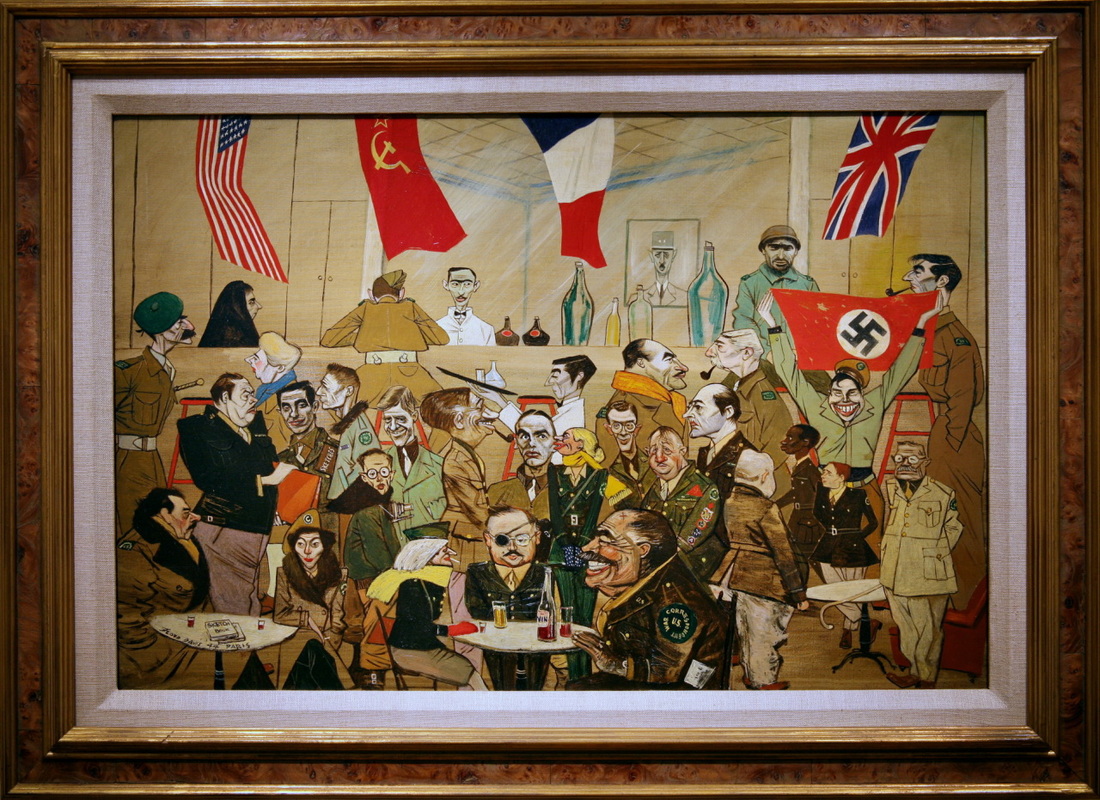
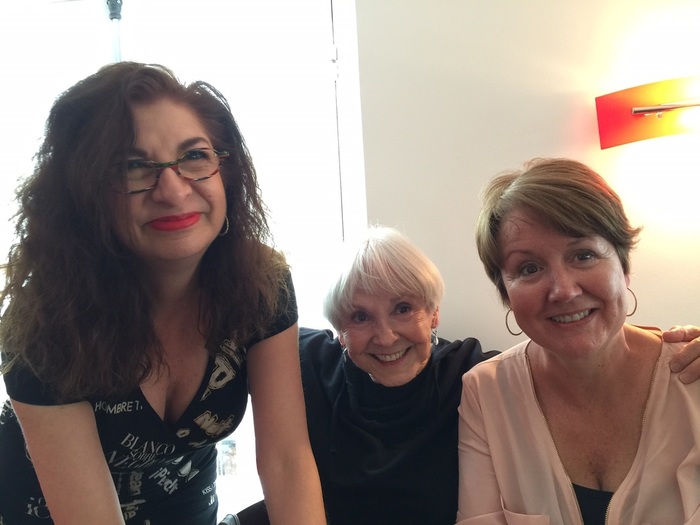


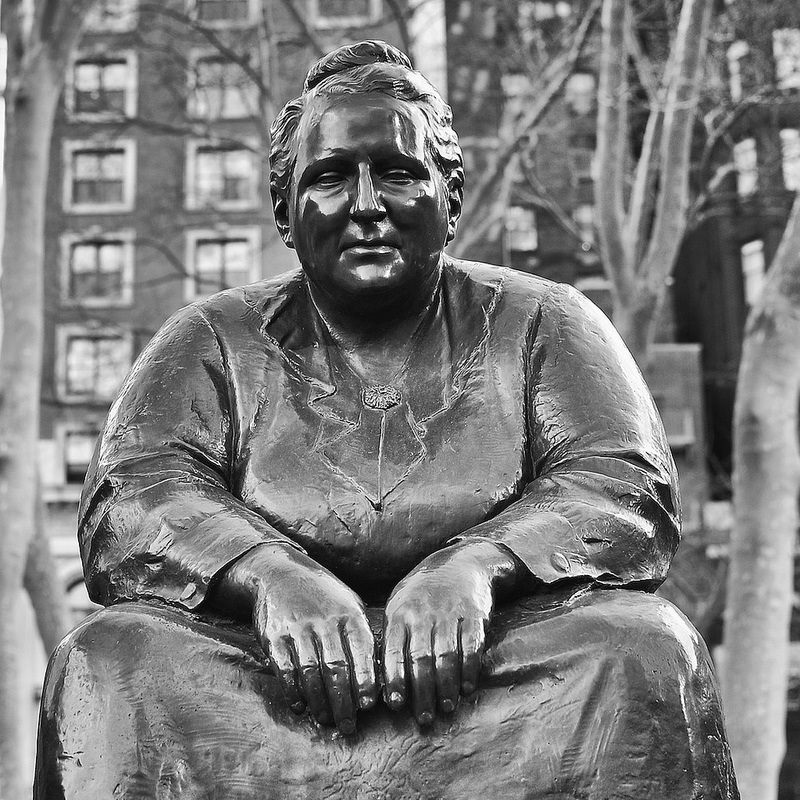
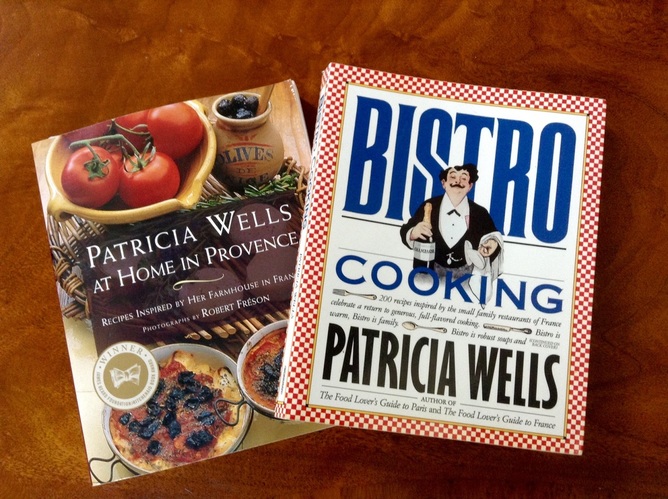
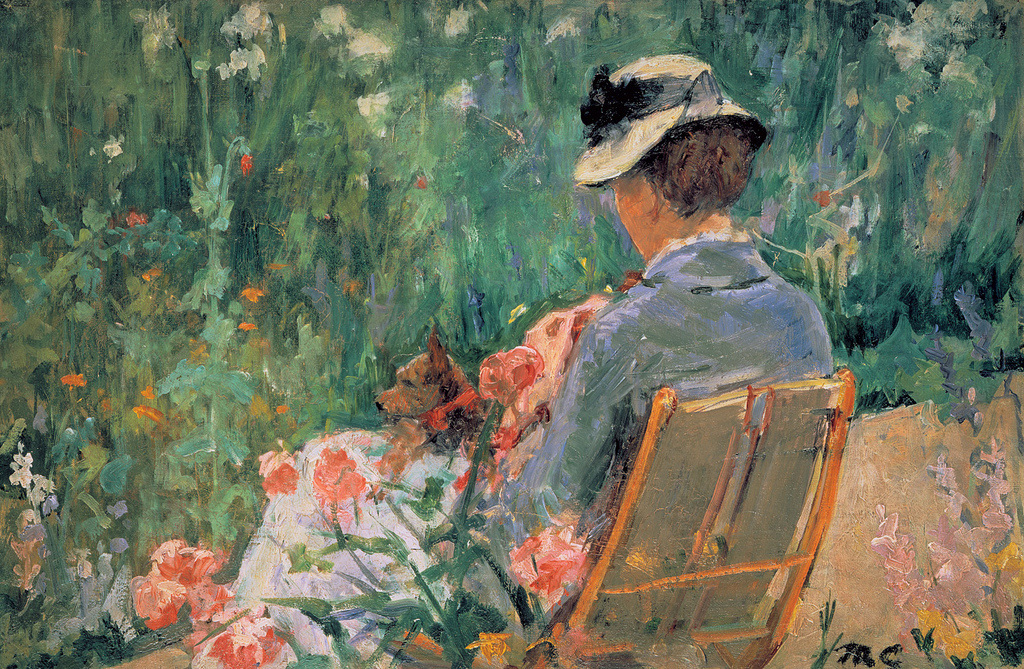
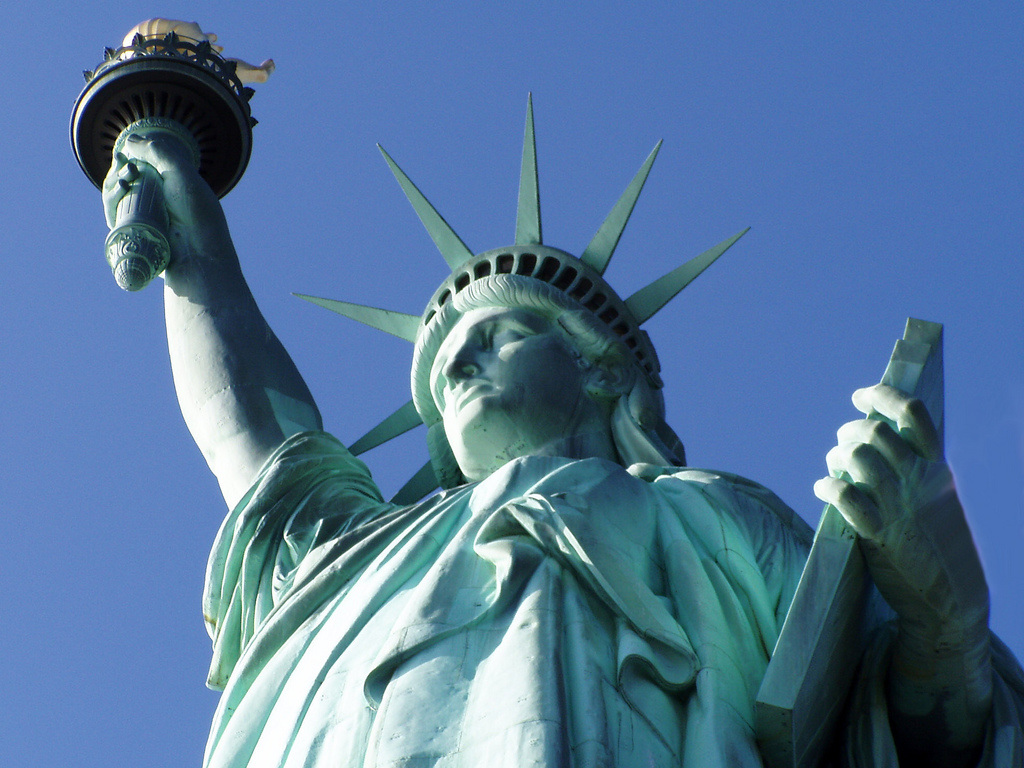
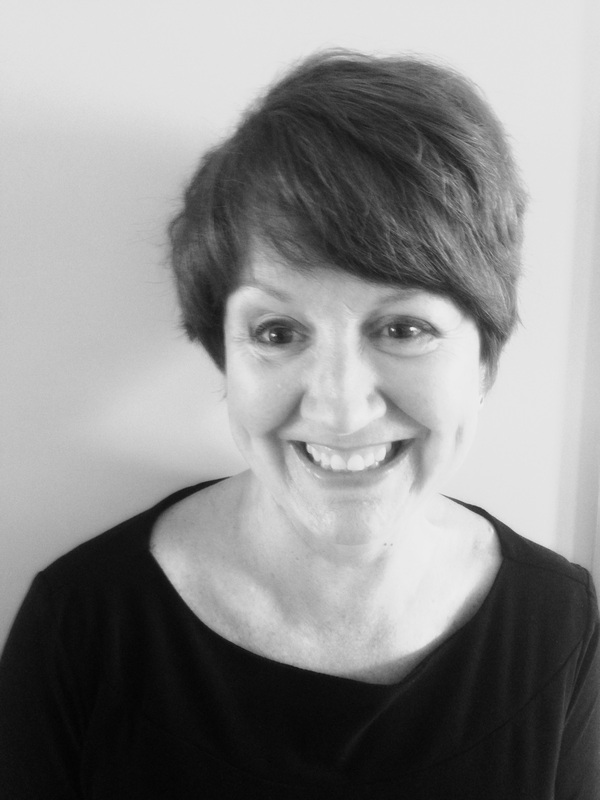
 RSS Feed
RSS Feed
